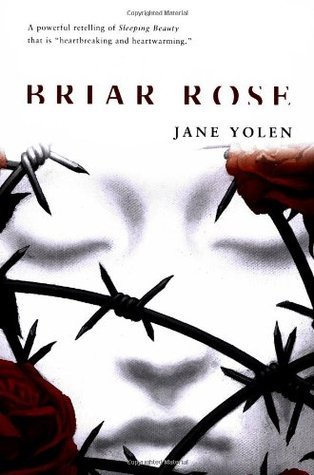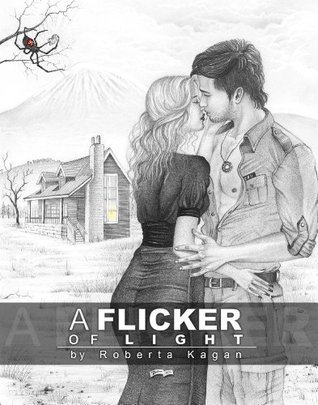
Briar Rose
Book Description
A sleeping beauty lies trapped in a web of dark secrets and haunting nightmares. As the lines between fairy tale and reality blur, a young woman grapples with her family's legacy and the ominous shadows of the past. Each revelation draws her deeper into a world where every choice echoes with danger and betrayal. Tensions swirl like thorns around her heart, threatening to ensnare her as she uncovers the truth. In a tale woven with magic and melancholy, will she awaken the strength to confront her fate, or will the spell consume her forever? What price will she pay for the truth?
Quick Book Summary
"Briar Rose" by Jane Yolen reimagines the Sleeping Beauty fairy tale within the harrowing context of the Holocaust. The story follows Becca Berlin, a young woman who sets out to uncover the mysterious origins of her beloved grandmother, Gemma, whose bedtime stories about a sleeping princess and a castle shrouded in thorns were always eerie and singular. After Gemma’s death, Becca discovers hints that her family history intertwines with Holocaust tragedies. Driven by curiosity and love, Becca embarks on a quest across continents and decades, uncovering the realities behind Gemma’s allegorical tales. As she pieces together her grandmother’s past, Becca learns about courage, resilience, and the blurred boundaries between myth and memory, ultimately confronting the costs and necessity of discovering the truth.
Summary of Key Ideas
Table of Contents
The Transformative Power of Storytelling
Becca Berlin grows up enchanted by her grandmother Gemma’s haunting, peculiar retelling of the Sleeping Beauty story. Gemma’s version is full of darkness—thorns, deep sleep, and terror—and is presented as a personal secret rather than a familiar fairy tale. After Gemma's death, Becca and her sisters find clues among Gemma's belongings, most notably a concentration camp survivor’s identity card and newspaper clippings about the Holocaust. These cryptic remnants suggest Gemma's allegory is grounded in her own hidden history.
Confronting the Legacy of the Holocaust
Determined to decode Gemma’s past, Becca begins an emotionally charged investigation. Her journey takes her from a quiet Jewish community in the United States to Poland, the site of unspeakable tragedies. As Becca tracks down survivors and historians, she uncovers the horrors of Chelmno, a Nazi extermination camp. She learns that Gemma’s story symbolically described her survival through the Holocaust: the thorns represent barbed wire, the kiss of the prince a life-saving act by a resistance fighter, and the castle a camp. Yolen’s narrative skillfully interweaves Becca’s contemporary search with Gemma’s traumatic youth.
The Search for Identity and Family Roots
The layering of fairy tale and historical reality illustrates the transformative, protective, and at times distorting power of storytelling. Gemma's fairy tale served as a shield, a way to convey unspeakable grief in familiar terms. As Becca listens to new survivors’ testimonies, she recognizes that fairy tales and history are both molded by memory and pain. The book meditates on how narratives shape our understanding of trauma, inheritance, and survival, and the ways in which stories can both conceal and reveal truths.
Blurring the Lines Between Fairy Tale and Reality
Through Becca’s quest, themes of identity and intergenerational trauma come to the fore. As she unravels her grandmother’s legacy, Becca confronts what it means to inherit not only stories but also the unfinished work of healing. She faces difficult truths about the cost of survival, guilt, and remembrance, but is also empowered by resilience and compassion. Her discoveries build a bridge between the old world and the new, connecting communities fractured by loss.
The Healing Journey Through Trauma
In the end, “Briar Rose” challenges the boundary between magic and reality, myth and history. The process of uncovering truth is depicted as both painful and cathartic. Yolen leaves readers contemplating the redemptive nature of storytelling and the enduring need to bear witness, honoring those lost and those who keep memory alive. The novel’s blend of fantasy and historical fiction invites reflection on the meanings of legacy, courage, and truth.
Download This Summary
Get a free PDF of this summary instantly — no email required.





